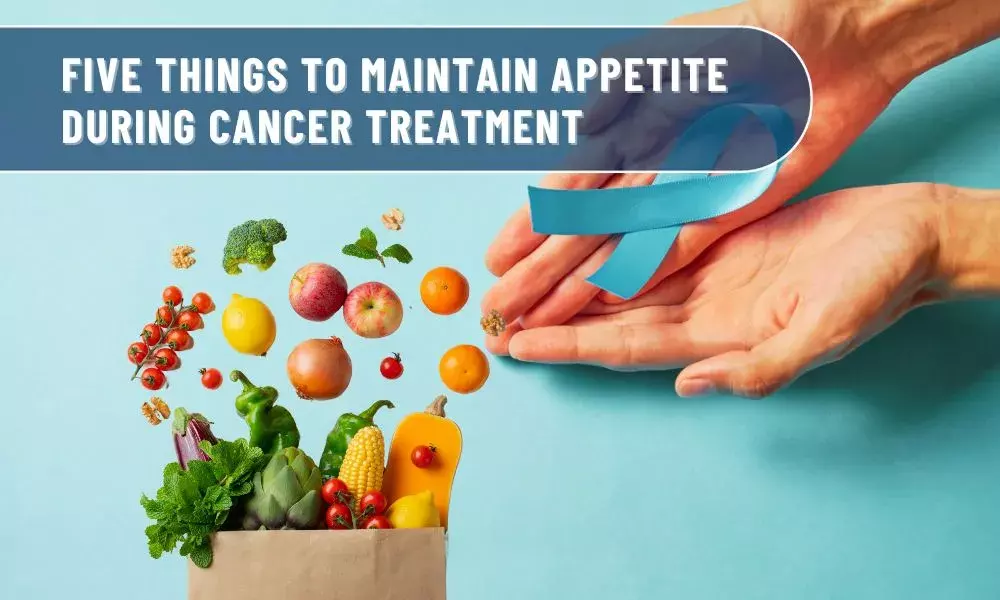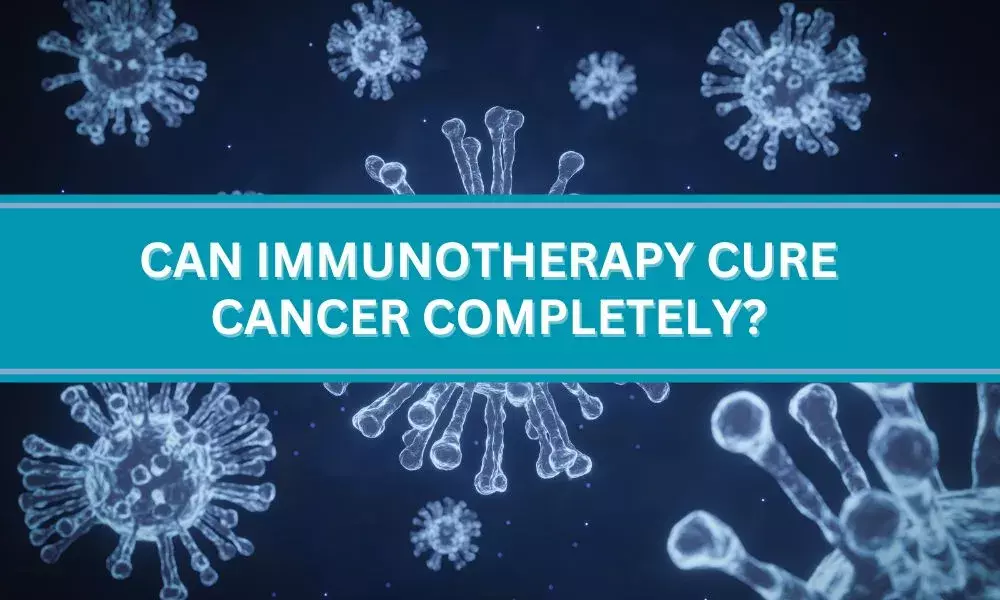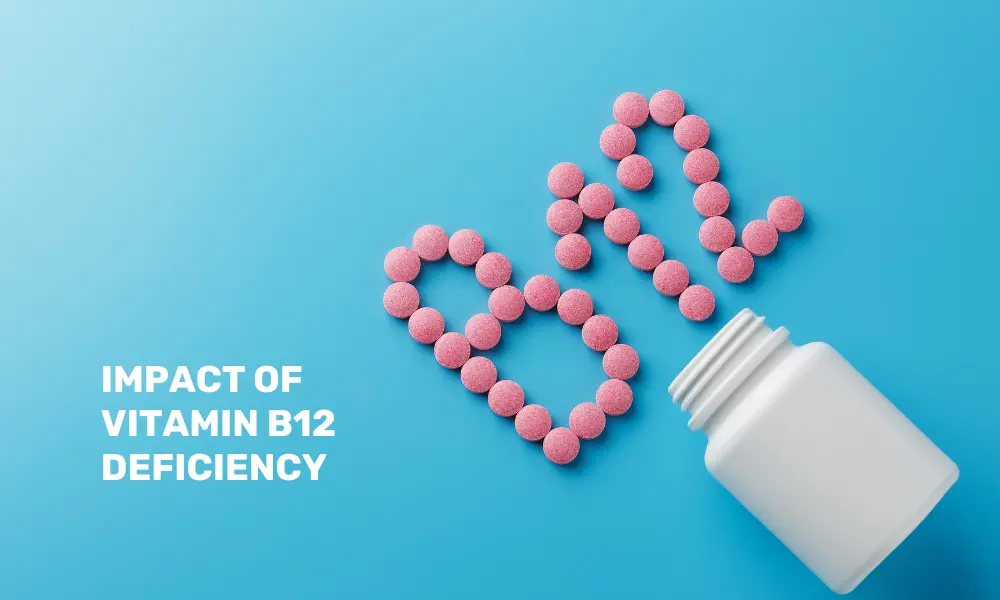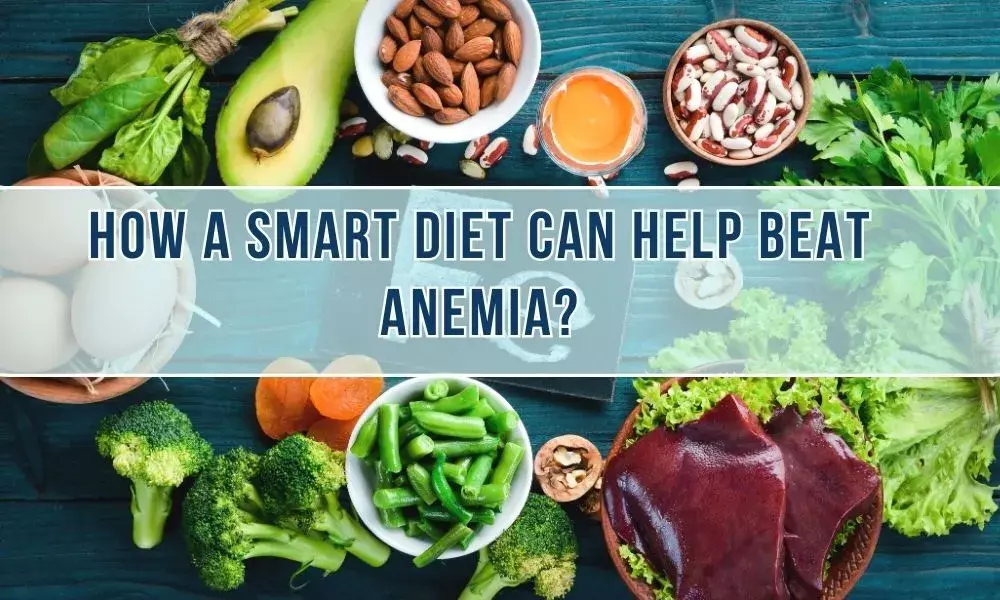Cancer treatment often affects an individual’s appetite. Food suddenly seems to increase aversion, but eating a balanced diet especially during the treatment, is essential as it can help in a speedy recovery.
Eating a balanced diet while battling cancer can be beneficial. It helps maintain healthy body weight, ensure good body tissue health, ease the adverse effects of cancer therapy, boost the immune system, maintain strength while minimizing weariness, and eventually improve overall quality of life.
Here are five strategies to maintain appetite during the cancer treatment.
-
Small Meals: During treatment, consuming enough calories to gain energy is important. Eating small meals five to six times a day is a good practice. The human body can only take in a certain amount of nutrients daily. Hence, it’s better to distribute meals throughout the day. Moreover, if one has a poor appetite, a smaller meal or snack would be more appealing and encourage better intake.
-
Plant-Based Diet: Eating various plant-based foods can help support human health as they contain phytonutrients, which are important for fighting cancer. These foods include fruits, vegetables, beans, and grains. It is vital to eat a balanced diet rich in phytonutrients.
-
Don’t Skip Water: It is important to stay hydrated during cancer treatment. For this, one should consume 2 to 3 litters of fluid daily. It is also important to avoid caffeine fluids whenever possible. Staying hydrated will help regulate body temperature, blood pressure, and electrolyte balance. It also helps prevent or minimize constipation and allows organs to filter out wastes and toxins.
-
Right Treatment: It is important to choose the right treatment plan as each option has certain side effects. For instance, chemotherapy can lead to a loss of appetite. Therefore, having an extensive conversation with the doctor and healthcare team about the treatment options available and how they align with an individual’s health and symptoms is crucial. Advanced therapy options can minimize the side effects like loss of appetite and extreme weakness.
-
Increase Protein Intake: If one is fighting cancer or undergoing cancer treatment, protein intake should be higher, as it helps maintain strength. Proteins help preserve body mass and can be found in pulses, meat, fish, seafood, eggs, beans, lentils, nuts, seeds, soy, and dairy products. Small amounts of protein are also present in vegetables and whole grains. A person’s needs vary depending on several factors, such as age, weight, height, and activity level.
Many patients don’t feel like eating during treatment, which can lead to heightened concerns about dietary choices. The crucial aspect is ensuring you incorporate all the necessary nutrients and maintain a balanced diet in consultation with the oncologist and nutritionist.





